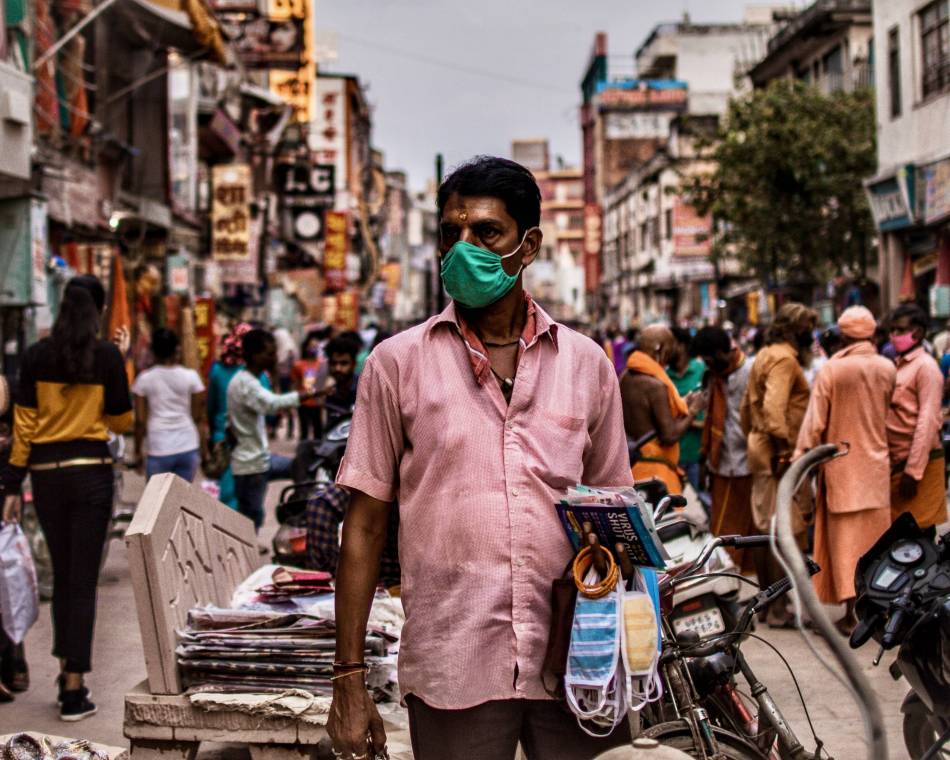GENEVA (AN) — Confirmed cases of coronavirus worldwide topped 200 million with 4.25 million deaths as of Wednesday, amid a surge in highly transmissible delta variant infections that has spread to more than 130 countries.
It took a little more than a year from the first reported outbreak to reach 100 million cases, and just six months more to double that, according to World Health Organization figures. WHO urged wealthy nations to enact a summerlong moratorium on booster shots to free up vaccines for others to deliver their first shots.







